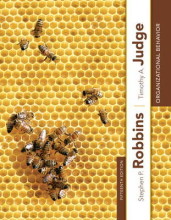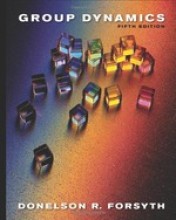Bradley et al. (2012); De Church et al. (2013); de Wit et al. (2012); Somech et al. (2009)
14 important questions on Bradley et al. (2012); De Church et al. (2013); de Wit et al. (2012); Somech et al. (2009)
Name a couple of Roots of Conflicts?
- competitin
- resource distribution
- power struggles
- decisional conflict
- relationship conflict
It seems that a conflicts depend on the type of conflict, the type of oucomes, and the presence of critical moderating variables. Name a moderating variable:
- Boundary condition: psychological safety
Where is a mediation like the Team Cooperative conflict management style used in organizations?
- conflicts between participants (bullying), customers or suppliers, and competing organizations, family business
- trade disputes
- mergers and acquisitions
- stakeholders
- Higher grades + faster learning
- Never study anything twice
- 100% sure, 100% understanding
Explain what proximal group outcomes and distal group outcomes are?
second: group performance
Proximal group outcomes can be divided into two thing, which?
group viability: group members satisfaction/commitment
What is self-verification theory
Explain what Dual concern model means
-concern for the self
-concern for the other party
What is the difference between Emergent state and processes?
We divide state-process distinction into two....
2. Team conflict processes. (more interaction)
We can divide Emergent (Team) conflict state into two conflict, which ones?
Distinction between conflict-emergent states (task or relationship conflict)
and conflict processes:
Collectivistic (collaborating, openness) or
individualistic (competing, avoiding)
Whether or not researchers will find that task conflict is beneficial for team
performance depends on
- Task type
- Co-occurence of relationship conflict
- The average level of intragroup conflict and
- The way team performance is measured
Team contextual variables : first two
methodological issues: last two
Why use a mediation
> High success rates
> Declared goal is a win-win situation
> low cost
> No risk of uncontrollable time- and financial resources (e.g., at court)
> People‘s personal resources are used efficiently: The conflicting parties learn
how to constructively manage their conflict
> Positive organizational climate can be restored
WHAT MAKES A GOOD MEDIATOR?
- Empathy
- Active listening
- Insists on clear agreements
- Never takes side
- Makes sure the discussion stays focused
- Does not contribute own solutions or ideas
The question on the page originate from the summary of the following study material:
- A unique study and practice tool
- Never study anything twice again
- Get the grades you hope for
- 100% sure, 100% understanding































